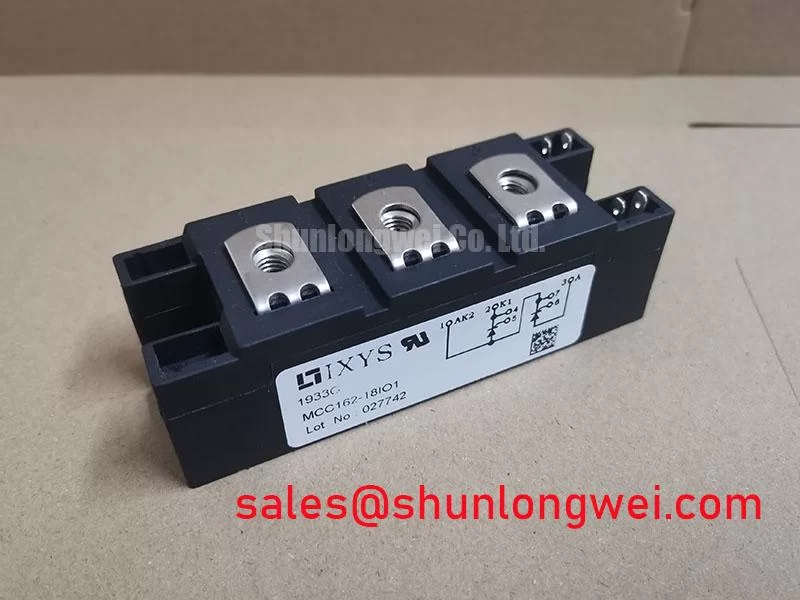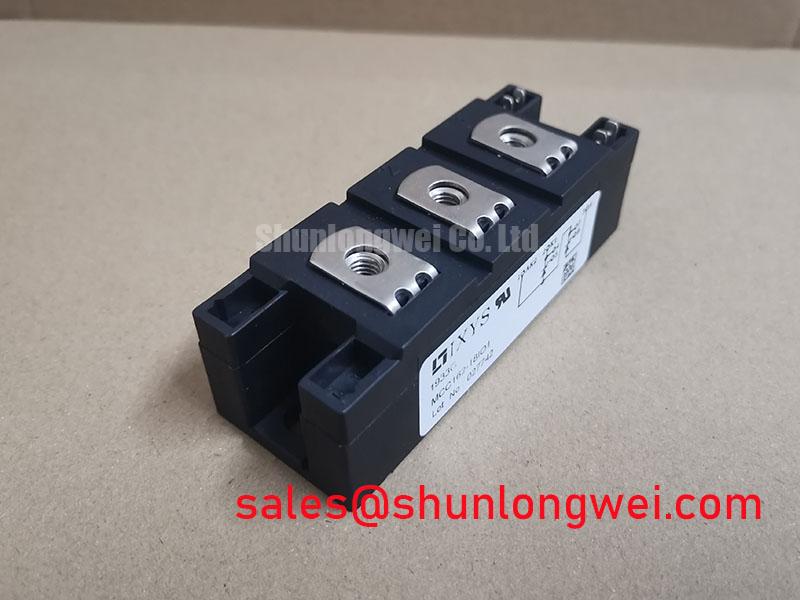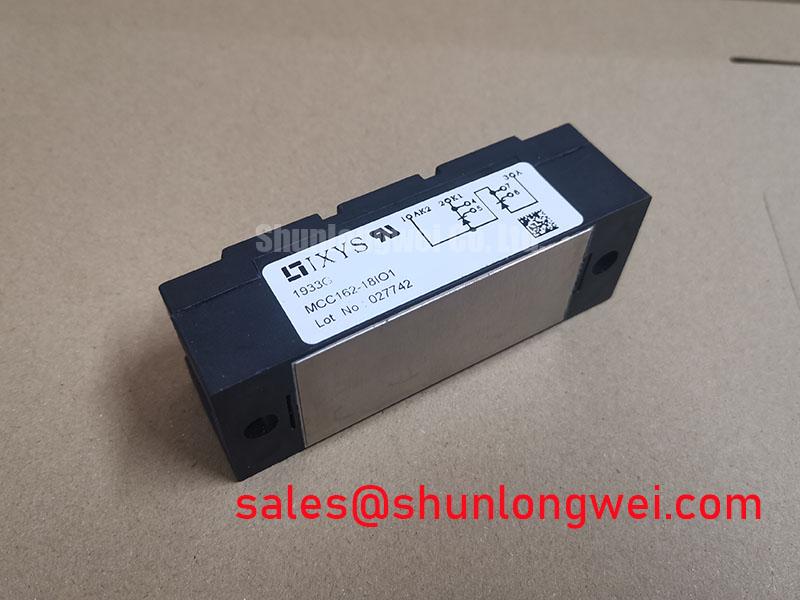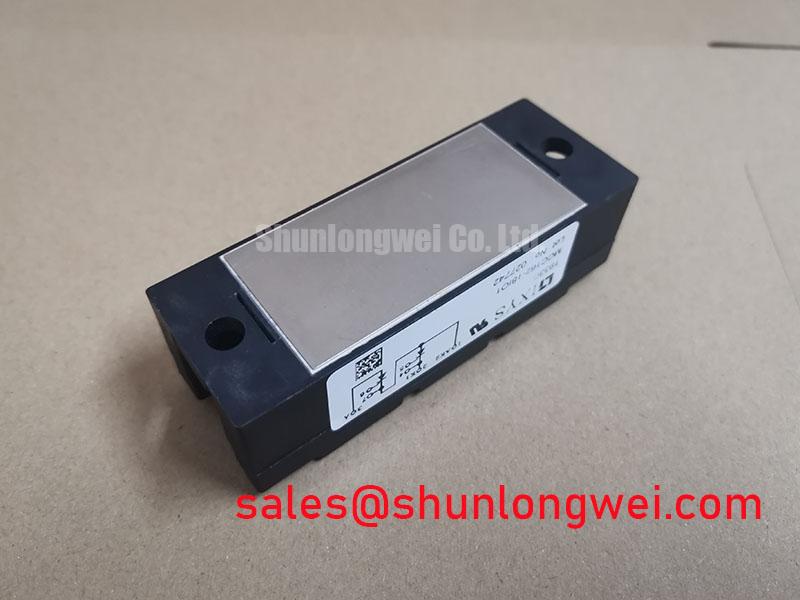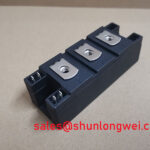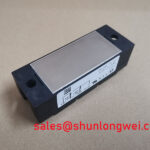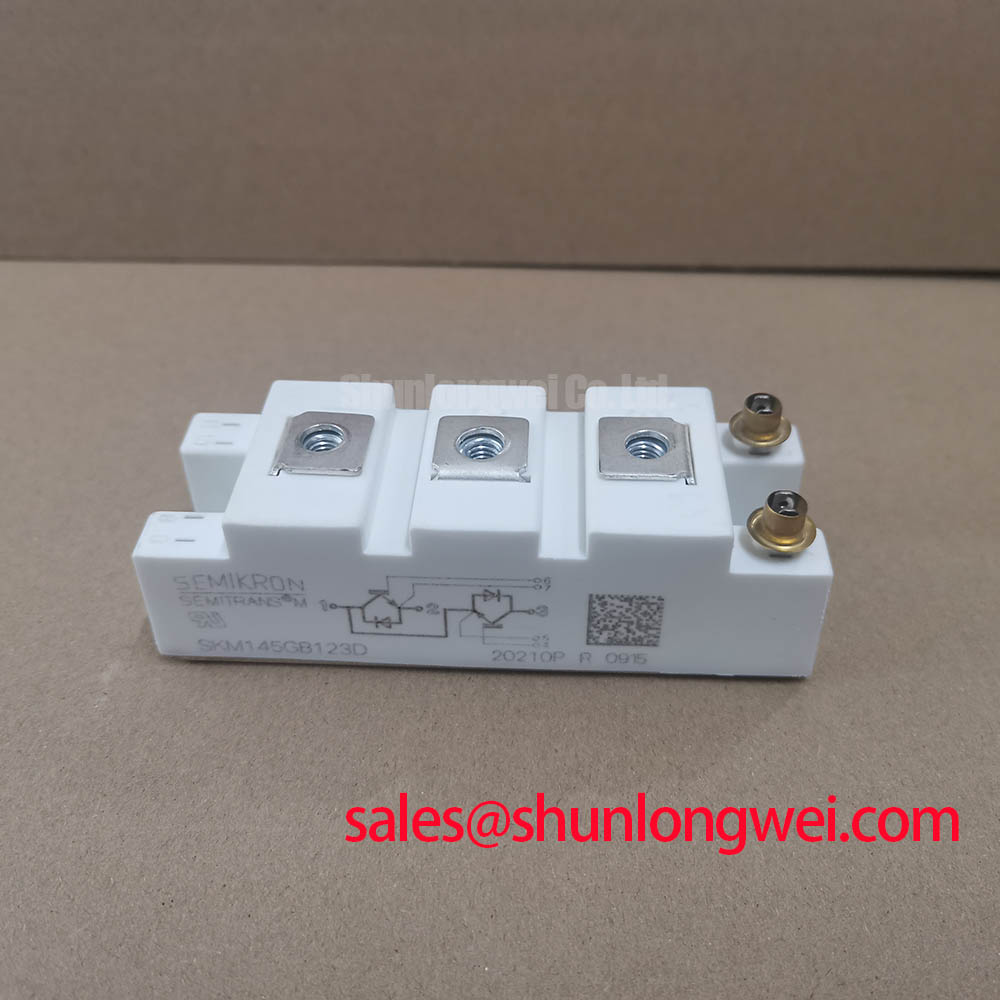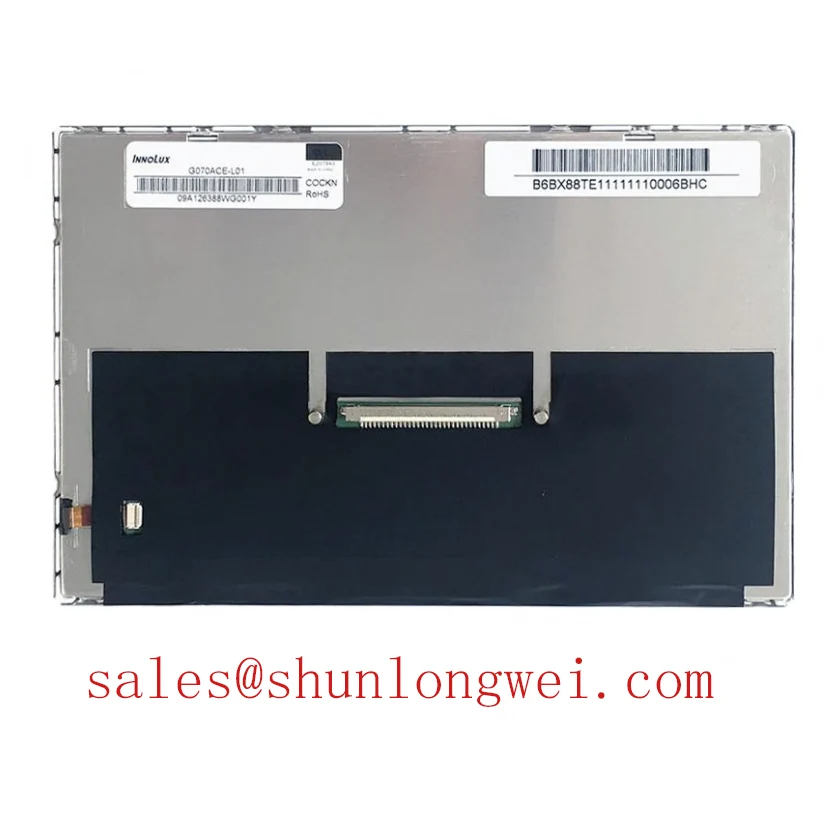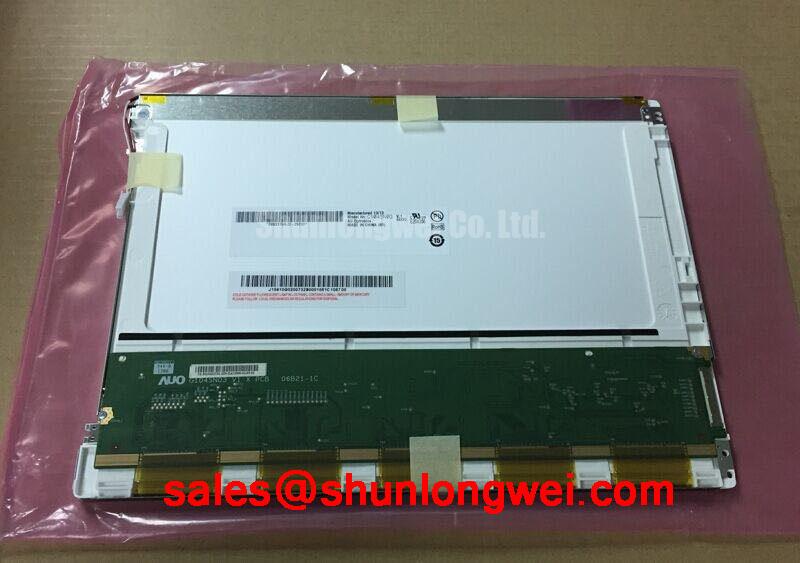MCC162-18io1: 1800V Dual Thyristor Module for High-Reliability Industrial Power Control
The MCC162-18io1 is a high-voltage dual thyristor module engineered for exceptional operational longevity and thermal stability in demanding industrial power control applications. Featuring robust specifications of 1800V | 181A | 6000A ITSM, this module provides superior power cycling endurance and excellent thermal performance. Its pressure-contact construction fundamentally eliminates solder bond fatigue, a primary failure mechanism, ensuring superior reliability in applications with frequent thermal cycles. For high-power controlled rectifiers and soft-starters on 690V lines where operational lifetime is a critical design criterion, the MCC162-18io1's pressure-contact design offers unmatched durability.
Key Parameter Overview
Content last revised on October 21, 2025.
Decoding the Specs for Enhanced Thermal Reliability
The technical specifications of the MCC162-18io1 are optimized for robust performance and thermal efficiency in high-stress environments. The parameters below highlight its suitability for high-voltage phase control and power rectification.
| Parameter | Symbol | Value | Unit |
|---|---|---|---|
| Blocking Characteristics (TVJ = 125°C) | |||
| Repetitive Peak Reverse/Off-State Voltage | VRRM/VDRM | 1800 | V |
| Non-Repetitive Peak Reverse/Off-State Voltage | VRSM/VDSM | 1900 | V |
| Conducting Characteristics (TC = 85°C) | |||
| Average On-State Current | ITAV | 181 | A |
| Surge Peak On-State Current (10 ms, 50 Hz, Sine) | ITSM | 6000 | A |
| Threshold Voltage | VT0 | 0.88 | V |
| Slope Resistance | rT | 1.15 | mΩ |
| Thermal and Mechanical Specifications | |||
| Operating Junction Temperature Range | TVJM | -40 to +125 | °C |
| Thermal Resistance, Junction-to-Case (per Thyristor) | RthJC | 0.155 | K/W |
| Isolation Voltage (50/60 Hz, RMS, 1 min) | VISOL | 3600 | V~ |
| Package Type | - | Y4-M6 | - |
Download the MCC162-18io1 datasheet for detailed specifications and performance curves.
Application Scenarios & Value
System-Level Benefits in Industrial Automation and Power Conversion
The MCC162-18io1 is engineered for power control circuits where high reliability and precise control are non-negotiable. Its robust design makes it an excellent choice for a range of demanding industrial applications.
A primary application is in AC Motor Soft-Starters for heavy machinery like industrial conveyors or large pump systems. The engineering challenge here is twofold: managing immense inrush currents during motor startup and withstanding the thermal stress of frequent start/stop cycles. The MCC162-18io1's high surge current rating (ITSM) of 6000A provides the necessary robustness to handle these transient loads without degradation. Furthermore, its pressure-contact design directly addresses the long-term reliability challenge, preventing premature failure from thermal fatigue—a common issue in lower-grade, soldered modules subjected to constant power cycling.
Other key applications include:
- Controlled Rectifiers: For industrial power supplies and DC motor drives, this module allows for the creation of efficient and reliable front-end rectifiers with phase angle control.
- AC Power Controllers: In applications like industrial heating and lighting control, the module provides a durable solution for regulating high-power AC loads.
- Line Commutated Inverters: Suitable for legacy and specialized inverter topologies requiring robust, line-frequency switching components.
For systems that require a higher continuous current rating while maintaining the same voltage class, the related MCC200-16IO1 offers an increased current handling capability within a similar package.
Frequently Asked Questions (FAQ)
How does the pressure-contact design of the MCC162-18io1 improve reliability in industrial motor drives?
Pressure-contact technology eliminates the solder layers between the semiconductor chip and the baseplate. In applications with frequent temperature changes, like motor drives, these solder layers can crack and degrade over time, leading to thermal failure. By using a clamping force, the MCC162-18io1 maintains a consistent, reliable thermal and electrical connection, dramatically extending its operational life and power cycling capability.
What is the significance of the 3600V~ V_ISOL rating for system design?
The 3600V~ isolation voltage signifies a high degree of electrical insulation between the live terminals and the module's metal baseplate. This allows designers to mount multiple modules onto a common, grounded heatsink without needing separate, bulky insulating materials for each one. This simplifies the mechanical design, improves thermal management, and enhances overall system safety and compactness.
Can the MCC162-18io1 be used in a single-phase AC controller configuration?
Yes. The MCC162-18io1 contains two thyristors in a common cathode configuration. For single-phase AC control, these can be connected in an anti-parallel arrangement (back-to-back) to control both halves of the AC waveform, making it a versatile component for both single-phase and three-phase control topologies.
Technical Deep Dive
A Closer Look at Pressure-Contact Technology for Enhanced Operational Lifetime
The defining feature of the MCC162-18io1's architecture is its use of pressure-contact technology, a design choice that directly translates to superior long-term reliability. In conventional power modules, the silicon die is soldered to a Direct Copper Bonded (DCB) substrate, which is then soldered to a copper baseplate. While effective, this creates a sandwich of materials with different Coefficients of Thermal Expansion (CTE).
During operation, as the module heats and cools, these layers expand and contract at different rates. This constant mechanical stress fatigues the solder joints, leading to micro-cracks that grow over time, increasing thermal resistance and eventually causing overheating and failure. Think of it like bending a paperclip back and forth; eventually, the metal fatigues and breaks. Solder joints behave similarly under thermal stress.
Pressure-contact technology circumvents this failure mode entirely. Instead of solder, it uses a precisely engineered internal spring and external mounting pressure to press the silicon die directly against its contact surfaces. This approach is like using a heavy-duty, spring-loaded clamp instead of a rigid glue. As the components expand and contract, the "clamp" maintains a consistent, high-integrity connection, effectively eliminating the primary wear-out mechanism and ensuring a significantly longer service life, particularly in applications defined by intense power cycling.
Evaluating the MCC162-18io1 for Your Power System
A Strategic Component for Lifetime Reliability
The MCC162-18io1 dual thyristor module represents a strategic design choice for engineers developing high-power control systems where long-term reliability is paramount. By leveraging a pressure-contact design, it offers a fundamental advantage over conventional soldered modules in applications such as servo drives, soft-starters, and controlled rectifiers. This technology, combined with its high voltage rating and robust surge handling, makes it an ideal foundation for power stages built to endure the rigors of industrial environments. For further analysis of power component reliability and thermal design principles, engineers can refer to resources from leading manufacturers like Semikron.

